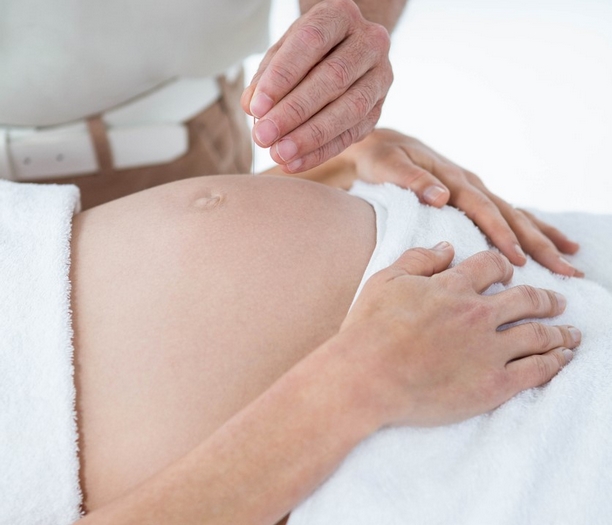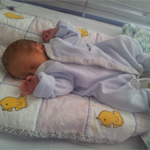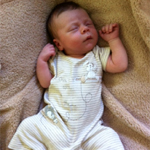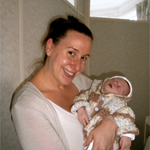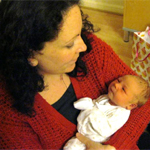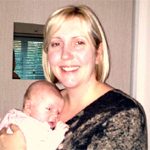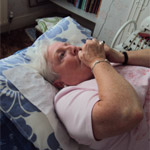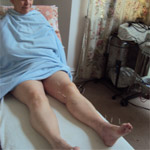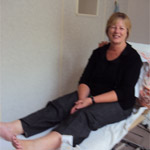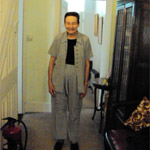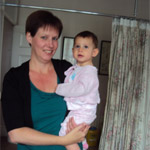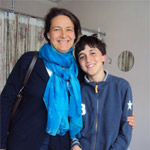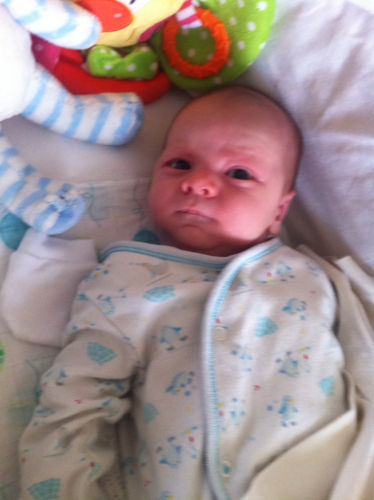Acupuncture gets the royal seal of approval
The news that Meghan, Duchess of Sussex is “reportedly” having acupuncture ahead of the birth of her baby in April will no doubt spark fresh interest in this ancient Chinese practice. I have used it for several years, alongside osteopathy, to treat any number of complaints from back pain to infertility. Happily, it’s also perfectly safe and effective to use during pregnancy.
The 37-year-old former actress, who married Prince Harry last year, is said to be a long-term advocate of the therapy that originated in China 3000 years ago. She’s apparently keen to use acupuncture to keep herself and her baby healthy and relaxed, and also to boost circulation and blood flow to the uterus.
So, what is acupuncture?
There are several types of acupuncture but the best known are Eastern (Chinese) and Western, also known as dry needling. Traditional Chinese acupuncture aims for general good health or to ward off sickness. It does this by seeking balance and enabling free flow of the life force known as Chi. If Chi becomes blocked, physical and emotional disorder can be the result. Western acupuncture uses the same acupuncture points and needles as the Chinese version but with a Western approach to evidence-based medicine and up-to-date scientific knowledge.
Using fine needles just under the skin at particular points on the face and body, acupuncture stimulates the nerves within the skin and muscle. Doing so releases the body’s natural pain relievers, endorphin and serotonin, which alters how pain signals are received. I leave the needles in position for a short while (it’s best to bring along a relaxing playlist!) and sometimes vibrate them to enhance the effects.
How acupuncture helps in pregnancy
Over nine months the body undergoes many emotional, physical and hormonal changes. There will be many new aches and pains as the body accommodates a growing foetus. Changes to posture can cause pain in the back, neck, head and legs as well as symptoms such as fatigue and breathing difficulties. I have used acupuncture to treat such symptoms very successfully. Fortunately, increasing numbers of clinical studies * prove its effectiveness in relieving a wide range of pregnancy-related conditions including:
- nausea
- back, neck, head and labour pains
- emotional problems, including anxiety and depression
- indigestion
- reducing tension, promoting relaxation
- helping to maintain correct blood flow to the uterus to meet the needs of the growing baby – uterine blood flow can also be important when trying to conceive
Benefits of acupuncture
This therapy offers many upsides:
- It is safe for everyone, including babies, children, the elderly and pregnant women. **
- It can make you feel very relaxed.
- It is relatively painless and only occasionally causes short-term bruising.
- The needles are so fine that even confirmed needle-haters may hardly notice them. Sometimes there’s tingling or a dull ache –but that’s a sign that Chi is being stimulated.
My acupuncture qualifications
As a qualified osteopath, I trained in Medical Acupuncture at the Centre for Study in Complementary Medicine in Southampton. I then took a three-year part-time course in Traditional Chinese Medical Acupuncture at the British College of Acupuncture, travelling to China for further study afterwards. Being qualified in both Western acupuncture and Traditional Chinese Medicine gives me a greater range of knowledge and treatment options for patients, and I also combine acupuncture with osteopathy very successfully.
What our clients think
“After childbirth I suffered with low back pain made worse by carrying and lifting. Denise gave me a combination of osteopathy and acupuncture and I am now pain free. I cannot recommend her treatment highly enough.” Jessie Brooks
So, if you’re pregnant, trying to conceive, or have recently given birth and you’d like to explore a natural way to relieve aches, pains and other pregnancy-related symptoms, please get in touch.
* Pain relief during labour (Cho 2010; Smith 2006), back and pelvic pain (Ee 2008, Wang 2009), depression (Manber 2010), general emotional problems (da Silva 2007), indigestion/ dyspepsia (da Silva 2009)
** Pregnancy-related systemic reviews (Cho 2010; Lim 2009; Vas 2009; Ee 2008)

